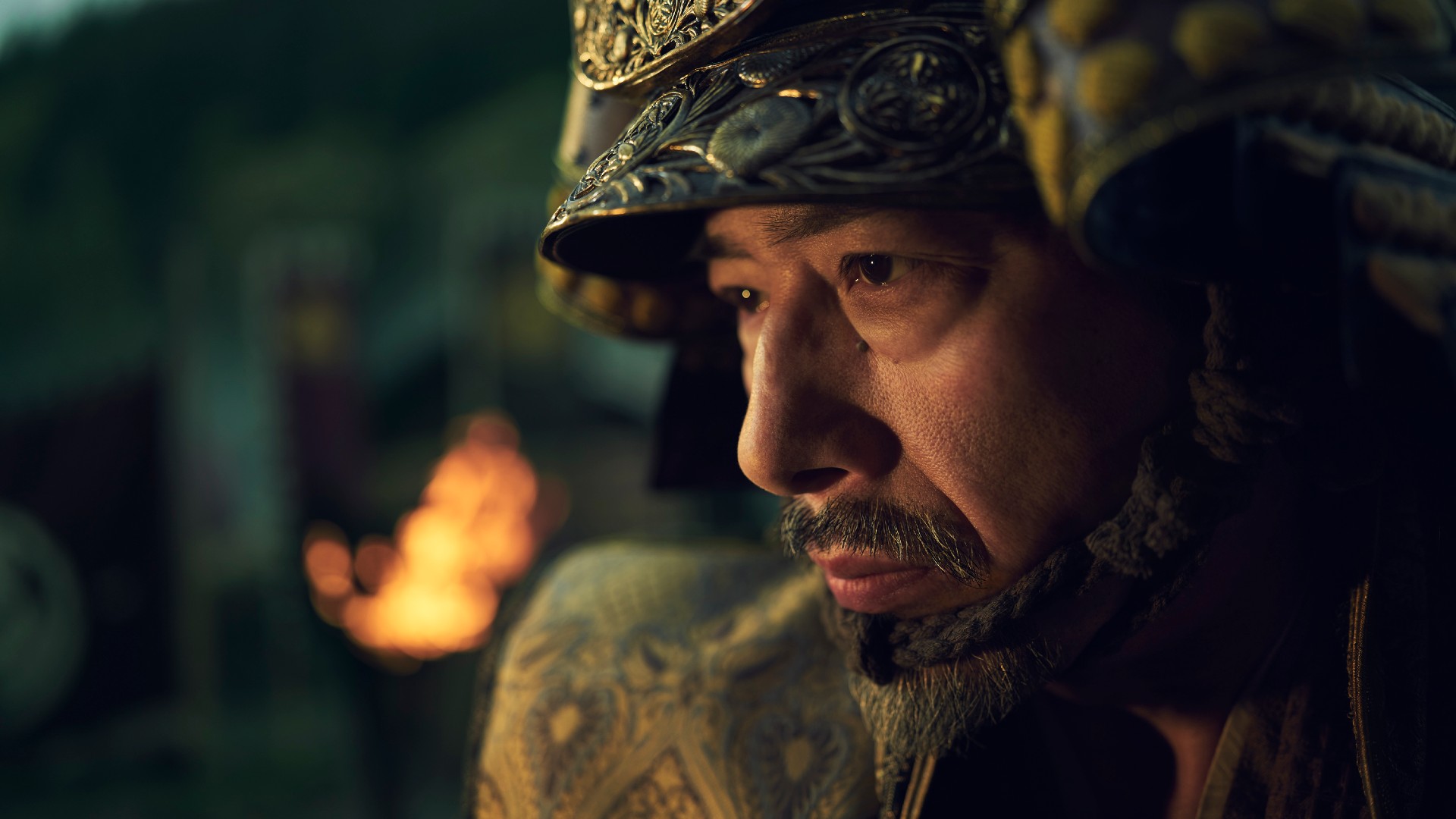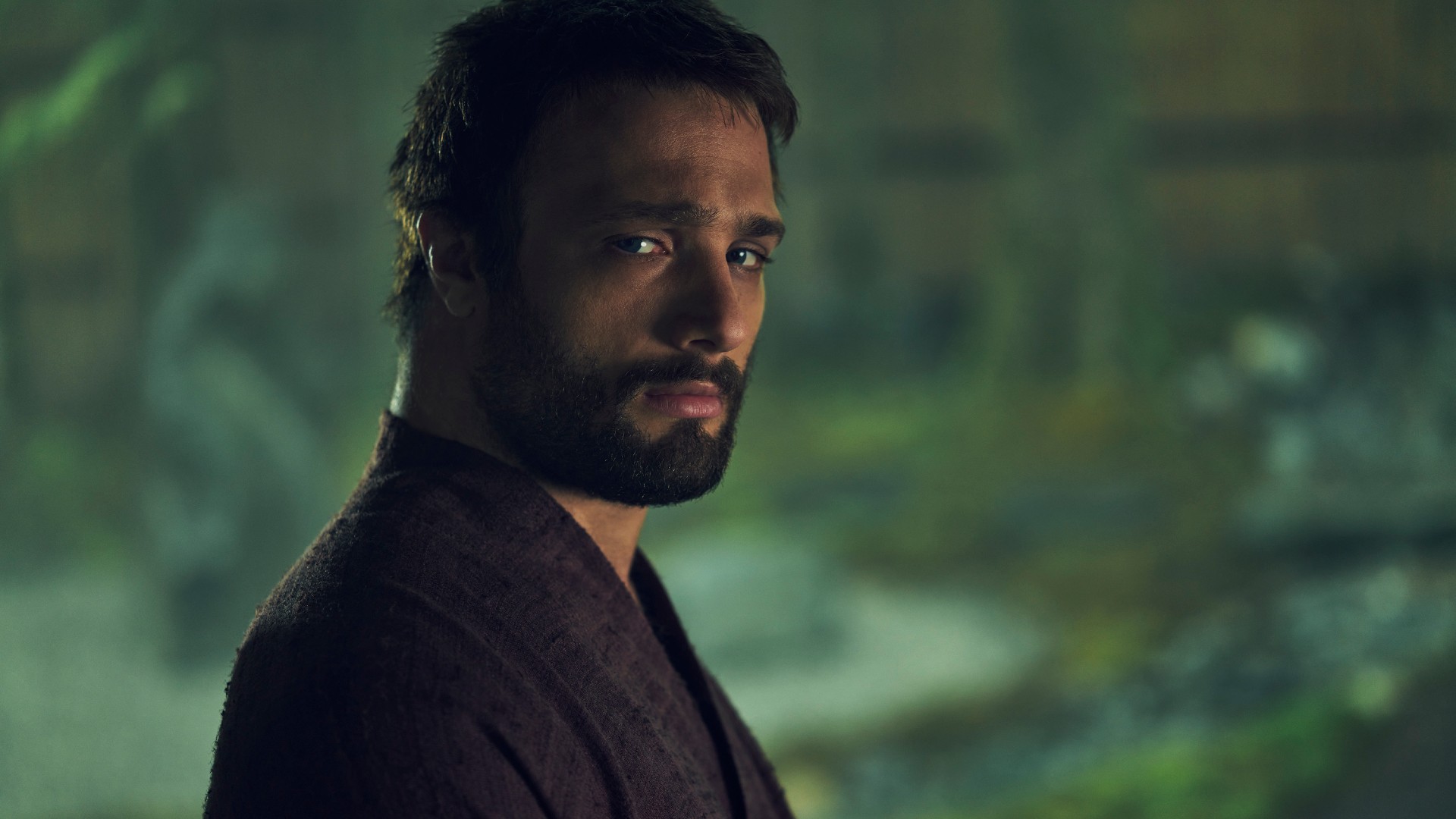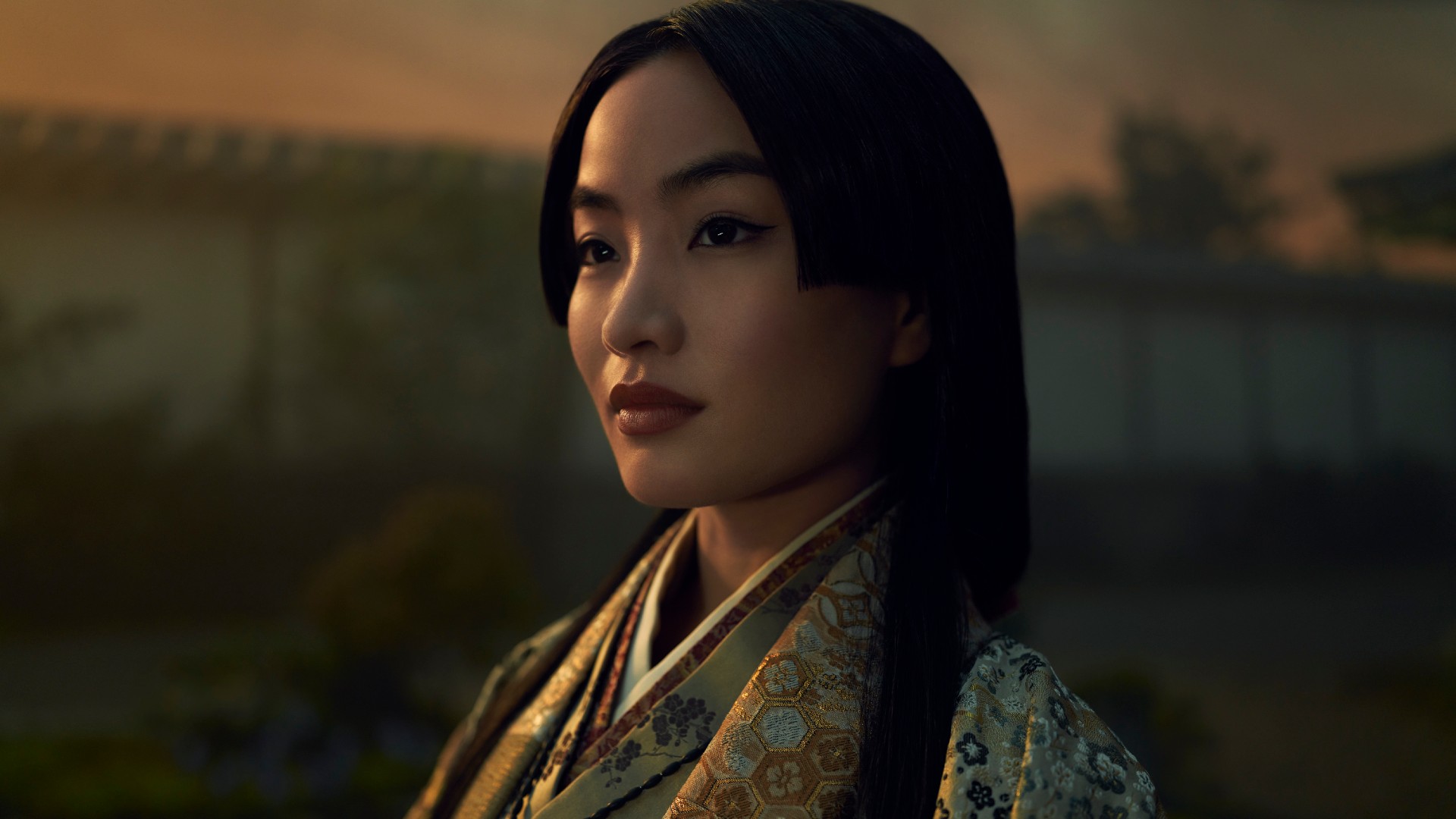
Episodes reviewed: 8 of 10
Still missing Game of Thrones? Well, Shōgun, a new ten-part series based on James Clavell's 1975 novel of the same name, might just be the show you've been waiting for.
Set in 1600 Japan, Hiroyuki Sanada's Lord Yoshii Toranaga is essentially Shōgun's answer to Ned Stark, a man in a precarious position of power, when the historical drama kicks off. When Japan's supreme leader, the Taiko, died and left behind an heir far too young to rule a year ago, Toranaga found himself on the Council of Regents, a board of five men from every corner of the country set to govern until the Taiko's son comes of age. But over the past 12 months, the political ambitions – and secret schemes – of Toranaga's fellow councilmember Ishido (Takehiro Hira) have caused the lords to turn on the Taiko's Osaka Castle-dwelling favorite. If voted out unanimously, Toranaga faces not only a demotion, but a death sentence.
The tides turn, though, when a European warship drifts onto Japan's shores and brings with it an English protestant named John Blackthorne (Cosmo Jarvis, doing his best 'Tom Hardy in Taboo' impression), who hopes to undercut Portugal's current dominion over Japan's outsourcing and strike a direct trade deal with the latter. Initially, Toranaga aligns himself with Blackthorne as a way to sow division between the non-religious and Christian councilmembers but as time goes on, the so-called "barbarian" proves himself to be a loyal ally, and Toranaga quickly rises him up the ranks of his inner circle. As civil war brews, the duo – alongside Toranaga's men and samurai-turned-translator Lady Mariko (Anna Sawai) – task themselves with thwarting Ishido's plans and keeping the leader alive.
Power play

Given the fiendishly watchable Machiavellianism at play here, it should come as no surprise that Shōgun is a slow burn affair rather than an action-packed epic, which feels refreshingly grown-up and all too rare these days. The high stakes and sense of danger, which looms over every plotting conversation, are palpable, which adds intrigue and thrill to the dialogue-heavy proceedings. Death is a key theme here (one episode is quite literally called 'The Abyss of Life'), as Toranaga runs from it, Mariko – desperate to join her deceased loved ones – yearns for it, and Blackthorne contemplates whether a life of solitude at sea is actually any better than it. Juggling a wealth of characters, all with varying degrees of heroism and villainy, it tackles more intimately expressed, engaging subjects such as misogyny, racism, and survivor's guilt inside its broader, worldly strokes, as well – though that does give the show an unrelentingly dour tone that won't be to every viewers' taste.
It also means that characterization is fairly thin, as it tries to give everyone screen time. The two leads, if you will, wind up being Blackthorne and Mariko, as they're drawn together romantically amid the conflict. Jarvis and Sawai have decent chemistry together, but it can't help but feel a little cliché when the stranger falls for the only woman who can understand him. Furthermore, it's hard to see why Mariko, a Catholic no less, is that interested in Blackthorne; he mocks their Eastern food and customs, he's hot-headed like her abusive husband, and sometimes dismissive too, despite claiming he respects women any chance he gets. That said, he represents an escape for her; the human embodiment of a freer land where she wouldn't be judged by her disgraced family history (which we won't spoil here) as she is in Japan – and at least their affections for one another provide the series with a little hope and lightness.
Allegiance to authenticity

Visually, the show is just as grand as you might expect. Cinematographers Sam McCurdy (Game of Thrones), Marc Laliberté (Gen V), and more limit themselves on sweeping vistas – and let's face it, what could have been dodgy VFX – and instead, favor framing that highlights the exquisite work done by the production design, makeup and hair, and costume departments. High-contrast lighting adds to each episode's moody and intense atmosphere, while composers Nick Chuba, Leopold Ross, and Atticus Ross' score accompanies the aesthetics perfectly.
What's perhaps most exciting about Shōgun, though, is its commitment to featuring such a varied ensemble cast of Japanese actors, and how it doesn't shy away from them actually speaking their language on screen either. While showrunners Rachel Kondo and Justin Marks substitute Portuguese for English, the vast majority of the series is subtitled, which bolsters its authenticity and clearly allows its stars to fully immerse themselves in their roles. It also helps it avoid slipping into 'white savior' territory with Blackthorne, which it comes admittedly too close to on several occasions – he quite literally saves Toranaga twice, and his right-hand man Yabushige too, before being encouraged by the former to train a whole regiment in cannonry, despite him being a maritime pilot who has never engaged in battle.
In recent years, Sanada has shown up briefly in titles such as Westworld, John Wick: Chapter 4, and Bullet Train, and basically stolen the show every time, so it's a real treat to see him in such a meaty role here. Other standouts include Bates Motel's Néstor Carbonell as a foul-mouthed Spanish sailor with one heck of a beard, and Sawai, who recently grabbed attention in Apple TV's Godzilla series Monarch: Legacy of Monsters, as she brings a quiet steeliness to the grieving and vengeful Mariko.
Shōgun's literary inspiration was the first installment of Clavell's six-book Asian Saga, so if season 1 does well, we'll likely see more chapters greenlit swiftly. While its first is far from perfect, it does enough right to leave us wanting more. If it irons out its kinks in a follow-up, it could very well end up being TV's next big book-based phenomenon. Watch out, Game of Thrones, it's coming for your throne…
Shōgun premieres on February 27 on FX and Hulu in the US and Disney Plus in the UK. While we wait, check out our round-up of the most exciting new TV shows heading our way.







